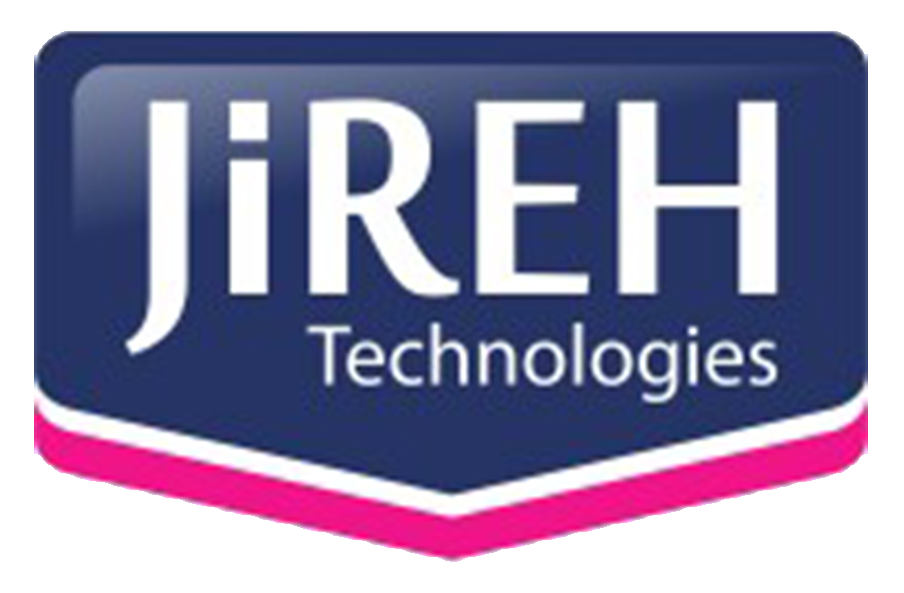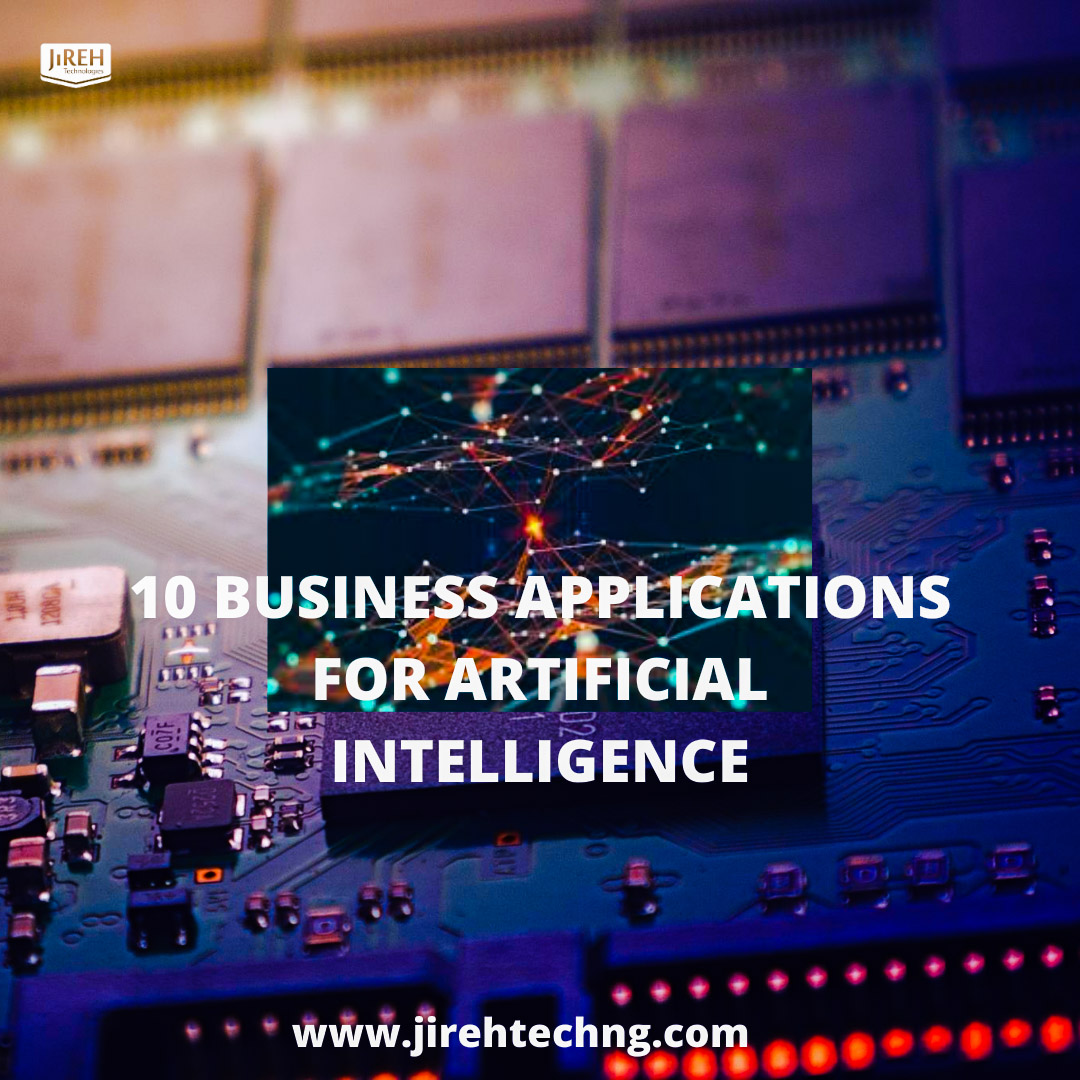Understanding how artificial intelligence (AI) and machine learning (ML) can benefit your business may seem like a daunting task. But there is a myriad of applications for these technologies that you can implement to make your life easier.
Through AI and ML, your business will benefit as it becomes more efficient at its operations and eliminates those mundane tasks that seem to be slowing you down. Additionally, AI-powered tools and automated systems can help your company improve the use of its resources, with visible effects on your bottom line.
Fifteen members of Forbes Technology Council discuss some of the latest applications they’ve found for AI/ML at their companies. Here’s what they had to say:
1. Powering Infrastructure, Solutions and Services
We’re leveraging AI/ML in our collaboration solutions, security, services and network infrastructure. For example, we recently acquired an AI platform to build conversational interfaces to power the next generation of chat and voice assistants. We’re also adding AI/ML to new IT services and security, as well as hyper-converged infrastructure to balance the workloads of computing systems. – Maciej Kranz, Cisco Systems
2. Cybersecurity Defense
In addition to traditional security measures, we have adopted AI to assist with cybersecurity defense. The AI system constantly analyzes our network packets and maps out what is normal traffic. It is aware of over 102,000 patterns on our network. The AI wins over traditional firewall rules or AV data in that it works automatically without prior signature knowledge to find anomalies. – John Sanborn, RAA – Financial Advisors
3. Health Care Benefits
We are exploring AI/ML technology for health care. It can help doctors with diagnoses and tell when patients are deteriorating so medical intervention can occur sooner before the patient needs hospitalization. It’s a win-win for the healthcare industry, saving costs for both the hospitals and patients. The precision of machine learning can also detect diseases such as cancer sooner, thus saving lives. – Adam Bayaa, Heal
4. Recruiting Automation
Recruitment of qualified workers remains one of the most difficult challenges. By harnessing the power of recruiting automation, savvy employers are using AI-powered sourcing tools to find candidates who may not have been considered for roles in the past, not because they weren’t qualified, but because they weren’t surfaced in the first place. – Jon Bischke, Entelo
5. Intelligent Conversational Interfaces
We are using machine learning and AI to build intelligent conversational chatbots and voice skills. These AI-driven conversational interfaces are answering questions from frequently asked questions and answers, helping users with concierge services in hotels, and to provide information about products for shopping. Advancements in deep neural network or deep learning are making many of these AI and ML applications possible. – Mitul Tiwari, Passage AI
6. Reduced Energy Use and Costs
We have used AI to cut energy use and reduce energy costs for drilling, crude and natural gas transportation, storage and petroleum refining operations. Until recently the industry has been looking at historical data points. The AI application we run can now learn and predict future energy load at levels as granular as a single blending activity. This opens up an entire range of opportunities to reduce waste, reduce peak demand and cut costs. – Jane Ren, Atomiton, Inc.
7. Predicting Vulnerability Exploitation
We’ve recently started using machine learning to predict if a vulnerability in a piece of software will end up being used by attackers. This allows us to stay days or weeks ahead of new attacks. It’s a large scope problem, but by focusing on the simple classification of “will be attacked” or “won’t be attacked,” we’re able to train precise models with high recall. – Michael Roytman, Kenna Security
8. Becoming More Customer-Centric
We’re using AI to better analyze customer responses to surveys and activities over time. This enables us to understand not only the feedback they provide but whether or not there are specific qualities and attributes that correlate to their response rate and likelihood to engage. This information will allow our customers to alter their own client survey strategies. – Alan Price, visioncritical.com
9. Market Prediction
We are using AI in a number of traditional places like personalization, intuitive workflows, enhanced searching and product recommendations. More recently, we started baking AI into our go-to-market operations to be first to market by predicting the future. Or should I say, by “trying” to predict the future? -Tim Rendulic, Thomson Reuters
10. Accelerated Reading
AI is accelerating our understanding of written text. Simply put, humans cannot read fast enough, and cannot mentally mine and structure the vast quantity of data that is available. We have developed advanced AI that reads and understands life science articles, helping researchers to accelerate the discovery of cures for diseases and the development of new treatments and medications. – Daniel Levitt, Bioz
Forbes Technology Council



